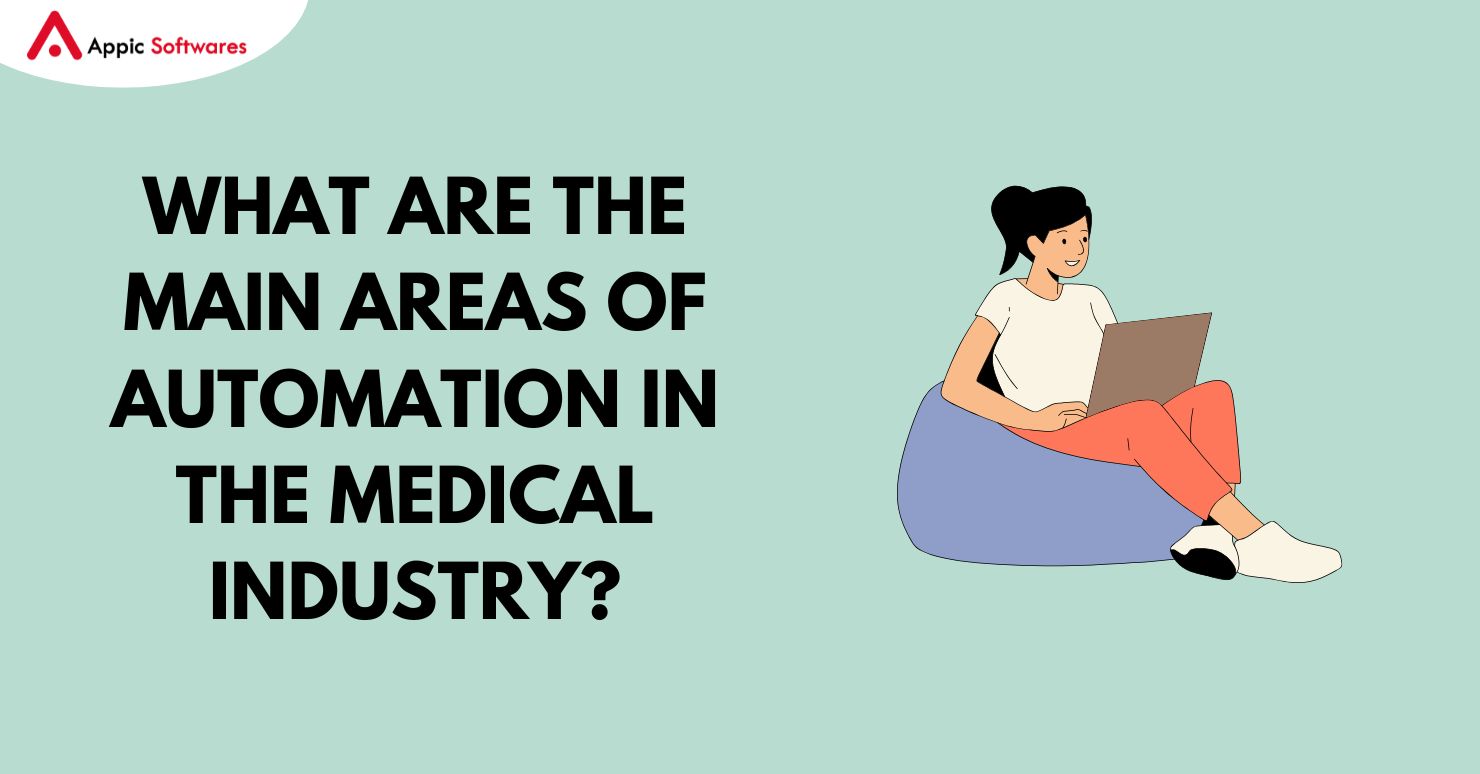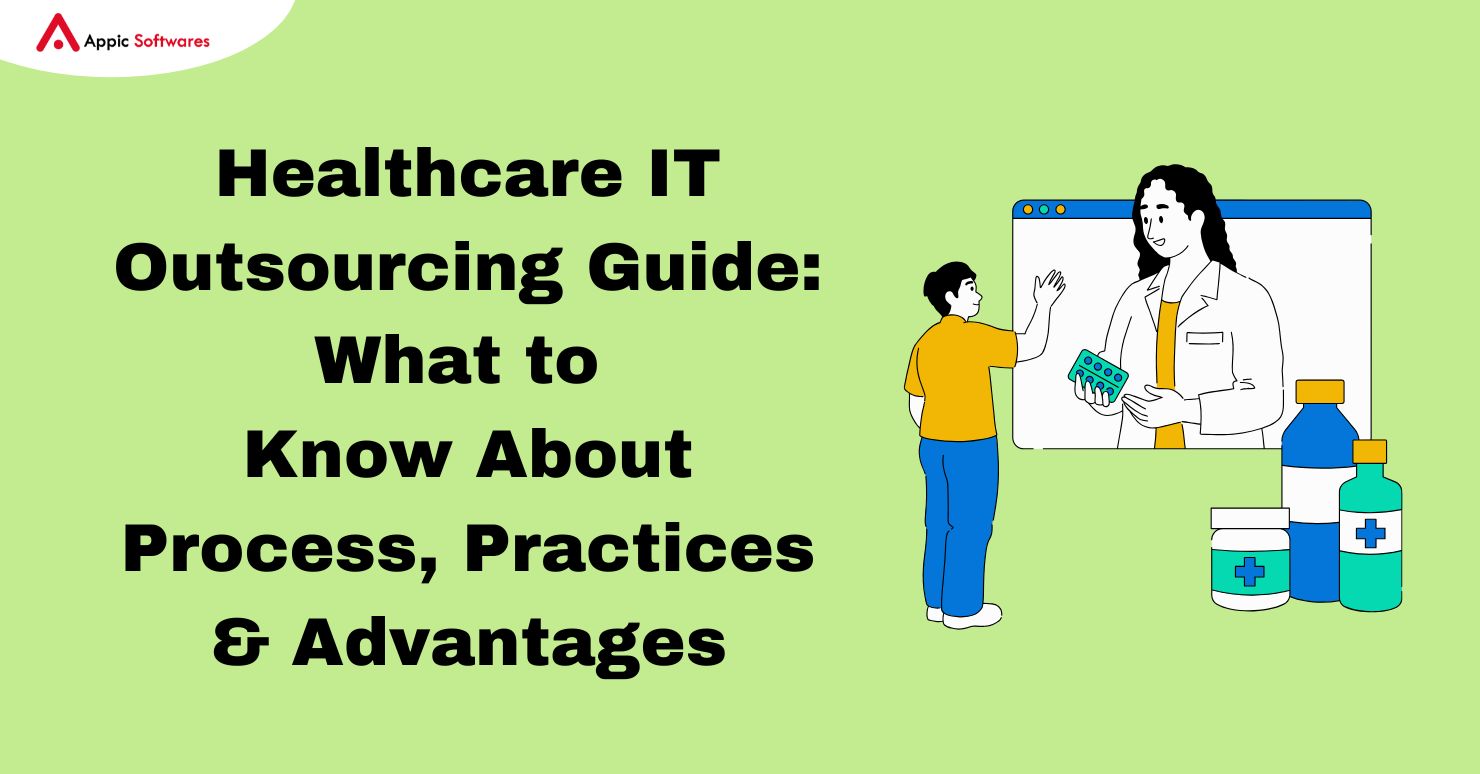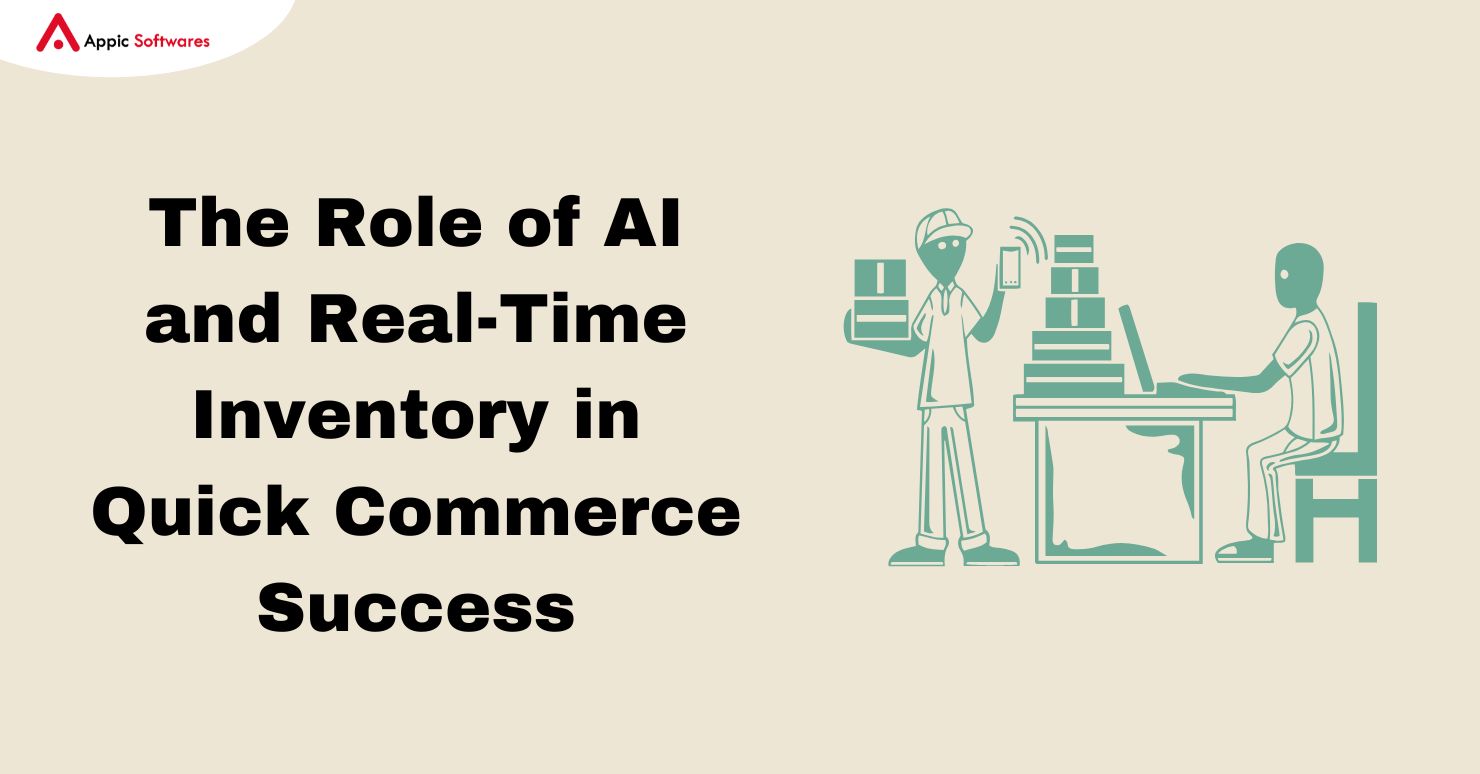
Healthcare Automation in the Medical Industry is a drastic development in economic development. A deeper look into trend can be found in this guide on AI and machine learning in New York’s healthcare industry, where predictive technologies are helping healthcare systems function more efficiently under pressure. Many hospitals and Medical services are developing towards automation. In this guide, we will discuss in depth the automation that took place in the Medical industry and the key use cases to give a brief idea. The benefits of this automation are a wide variety expected to be covered at the end of the blog. Let’s get going!
Automation In The Medical Industry
Automation is a rapid transformation in the Healthcare industry. It has affected many areas, including the usage of digital technology, automation procedures, and plenty of ways to increase the productivity of work activities. Moreover, patients benefit from the process of automated healthcare. They are offered the best services. The healthcare administration is highly improved in terms of automation activities.
The clients are treated with a higher level of satisfaction, and good and healthy practices, improving the productivity of the healthcare or medical industry, enhancing the productivity of the users and administrative activities.
What are the main areas of automation in the Medical Industry?

The following are the key automation activities that took place in the automation of the medical industry:
- Data Extraction
- Capability to Adjust
- Reduction in costs
- Increased Efficiency
- Faster Billing
- Higher Levels of Consumer Utility
Data Extraction
Data extraction takes place in EHR machines to increase the usage of relevant data effectively. Data is extracted from the database and related sources efficiently to grow the technology usage. It organizes the work of the users in an organized manner and improves the client and user experience.
Power to Adjust
One of the main automation technologies used is Machine Learning technology. This enhances the workforce of the industry and the patient volume in emergent rooms. This factor automatically reduces the ambulatory waiting period and saves a lot of lives simultaneously. As the data is stored, based on specific seasonal changes, administrators can find the need for more medicine or staff as well. Moreover, the demand can be forecasted in advance and necessary precautions are taken to handle the future situation.
Reduction in costs
Why do Hospital Management administrators or investors spend a large sum of money on infrastructure to automate the healthcare industry? The main goal is to reduce the cost and save money. Though the investment is higher, the turnover is even higher through automation. The overtime spent on activities is reduced, which increases productivity, and reduces the staff, and specific staff with reasonable or low salaries is recruited to decrease the errors. Moreover, the administrative stress is reduced while the reliability is increased as well. This can lead to focusing more on ways to improve the healthcare infrastructure and healthcare services.
For those examining budget planning and ROI, this analysis of the cost to create healthcare software offers detailed insights into where investments go and how returns are measured over time.
Increased Efficiency
Through the process of developing automation, efficiency is automatically increased. This leads to high work productivity and decreased error levels. Patient diagnosis automation tools are available as well. It diagnoses and treats the patients through automated activities.
A full breakdown of how these systems work and can be implemented is available in this healthcare software development guide, which explores the frameworks and approaches used in today’s systems.
Activities for Quick Billing
For quick billing activities, AI (Artificial Intelligence) is handy. When all the automation activities related to billing are fed and trained for the machines, quick billing takes place. Certainly, the workers can generate the bills easily to increase consumer utility.
Higher Levels of Consumer Utility
Consumer satisfaction has increased drastically through automation. The care taken towards the patients is specialized. If the patient is pleased, this turnover of more patients creates a challenging situation to handle more patients simultaneously. Therefore, increasing the levels of automation strategies would help to develop healthcare services or achieve business goals as well.
What are the healthcare automation use cases?
Medical automation services are used in various instances to manage the workloads in the healthcare sector. Various healthcare automation systems are handy to benefit the industry and increase productivity.
Let’s discuss the key use case of medical automation!
Patient Booking Systems
Excellent patient booking systems are automated instead of traditional booking systems. In the healthcare industry or hospital in the traditional booking system, plenty of calls keep coming daily, and it is challenging to answer all the calls to make the booking. But, in an automated booking system, the scheduling conflict is reduced. The patients or representatives can log in to the system and place the bookings as per the requirements.
Patient Check-In Systems
Automated patient check-in systems are placed at the front desks of the doctors. Here, patients can fill out the necessary forms and complete the procedures by themselves. This saves the time of the administrative staff. Instead of communicating with the receptionist, the patients can perform their tasks by themselves easily and reliably. There is a high level of productivity in automated patient check-in systems and a reduction in the errors made by the staff.
Refined Request Management
Requesting certain services and getting a response is an ineffective task in traditional healthcare management systems. But, in automation systems, requests for certain services are placed and the response is assured as well. This increases the productivity and time of the staff and patients alike. The customers receive great satisfaction over the responsibility and service of the healthcare or hospitals.
Virtual Doctor Consultation System
Here, the traditional patient-doctor system of consultation doesn’t take place. Patients can log in with virtual doctors, answer a few standard questions, and get the diagnosis easily. The computer collects the patient’s symptom information and diagnoses the illness easily. Technically, they can not replace real doctors, but they can help to manage the patient load in an emergency. For example, if the doctor can’t attend the hospital due to an emergency or if the patient needs to be allowed to be alone due to an illness, and many more emergencies
Data Retrieval and Extraction System
Patient and staff data are stored in the respective databases. The hospitals can access this data at any time as per the requirements. Therefore, data retrieval and extraction are very easy to handle. The administrators can instantly view and change the data as well. If there are several divisions, the data transfer among the divisions is effective too. As the systems are interconnected to one another, data transfer and access are effective. It saves the user time and administrative costs by collecting data faster than the traditional method. As the storage of data is a big task in the healthcare sector, efficiency and safety are achieved through proper automation technologies.
For this reason, learning how to hire healthcare developers with the right experience is a key step in automation readiness.
What are the benefits of Automation in the Medical Industry?
The following are the key benefits of Automation in the medical industry:
- An increase in efficiency for the administration and patients
- Enhanced customer satisfaction
- Increase in the productivity of the administration and patients
- Decrease in the stress levels of the administration and patients
- Improve digital and emergency support
- Quick data transfers
- Reduces the overall errors caused by the administration
- Reduction in costs
Conclusion
In conclusion, we discussed medical automation and the key areas developed under medical automation. We learned the main use cases in the healthcare sector and the benefits of using automation services in the healthcare sector. So, we hope this guide was handy to brush up on your knowledge of automation services in the medical industry. If you have any queries about this blog Feel free to Contact Appic Softwares.
FAQs
How is AI being used to enhance healthcare automation?
AI is becoming an integral part of healthcare automation. It’s used in areas like analyzing medical data, predicting disease risks, supporting doctors with clinical decisions, automating patient triage, and assisting with diagnostics in radiology or pathology. Many hospitals now use smart systems that adapt to data patterns and patient history to offer faster, more personalized care. This kind of AI implementation in healthcare is helping reduce human error, improve accuracy, and make healthcare systems more responsive and efficient.
Is data safe in automated healthcare systems?
Yes, when automation is combined with strong cybersecurity practices, it can make healthcare data even safer than manual systems. Encryption, access controls, audit trails, and compliance with regulations ensure that sensitive information stays protected.
Does automation eliminate jobs in healthcare?
Automation often replaces repetitive and manual tasks but doesn’t eliminate jobs entirely. Instead, it shifts responsibilities. Staff members take on more analytical, tech-enabled roles, and new job opportunities are created in areas like health IT, data analysis, and AI system management








